“More empathy & higher EQ - strength of woman leaders through the pandemic"
We, at Adgully, have always saluted and honoured women managers and leaders across diverse fields. Last year, we launched our unique and distinct program, called WOMEN DISRUPTORS, which drew a lot of attention and was highly appreciated by the industry. W-Suite is a special initiative from Adgully that has been turning the spotlight on some of the most remarkable women achievers in M&E, Advertising & Marketing, PR & Communication industry. In the refurbished series, we will find out how women leaders have been managing their teams and work as well as how they have been navigating through the toughest and most challenging times brought about by the global pandemic.
In conversation with Adgully, Poulomi Roy, Chief Marketing Officer, Joy Personal Care, highlights the inherent strengths of women leaders and how these have helped them face the challenges thrown up by the COVID-19 crisis.
How do you think the role and scope of women leaders has widened in the post-pandemic world?
I believe that having more empathy and a higher emotional quotient (EQ) has been the strength of woman leaders through the pandemic. In fact, for every individual, irrespective of gender, it was important to get in touch with their feminine side of nurturing, enduring, patience, and acceptance to sail through these difficult times. Now that we are overcoming that phase as a society, it is for the world to see how these qualities have been effective in overcoming the toughest challenge faced by mankind in the recent past. Therefore, I feel the world will acknowledge this and would want more women in leadership positions to bring balance in the ecosystem.
The rapid transition to digital, an uncertain economic landscape, charting unknown waters, working from home with no modes of the usual contacts. How have you been navigating during the COVID-19 times? What were the challenges that you faced and how did you tackle them?
Personally, it took me a little while right in the beginning to accept that a pause button has been hit and not much is in my control. The day I realised this, I had more clarity that while we endure this pandemic and the effects of the lockdown, I will not get into a hyper learning or aggressive mode of unnecessarily fighting it out. As an organisation, we first ensured we smoothened out our communication challenges and then we would take 1-2 months at a time, plan, and act accordingly. The only instruction and training that my team had is that we all needed to be agile and adaptive, as the scenario might change within a short time-span and we would need to be fast with our decision making process.
How challenging has it been for you to maintain a balance between managing the team & office work on the one hand and family responsibilities on the other, as boundaries blurred while working from home? What is your mantra to maintain that balance?
The mantra was to keep calm and move on. Peace and balance of mind was also crucial. Training your mind to accept the situation and doing the best that you can in that is necessary. We launched four campaigns during the pandemic, we didn’t stop work but were nimble footed and we knew that sustenance was the key. The credit for that goes to the small, amazing and effective team that I have. We ideate, debate and decide, and then dive in to do our best.
Multiple studies have shown how women leaders performed better during the COVID-19 crisis. According to you, what makes women the best in crisis management?
As I mentioned earlier, I think and I have seen better EQ and better Empathy. Women leaders also understand the importance of a healthy work-life balance and also work towards making a better work environment for all.
What are the five most effective lessons that you have learned as a woman leader?
- Concentrate on mental and physical health, nothing precedes that.
- You can’t always have a perfectly balanced day, every day.
- Learn to identify and distinguish what is important and what is urgent. Don’t confuse the two.
- Act on what is important and not what’s urgent, for long term benefit.
- Work on developing higher EQ.












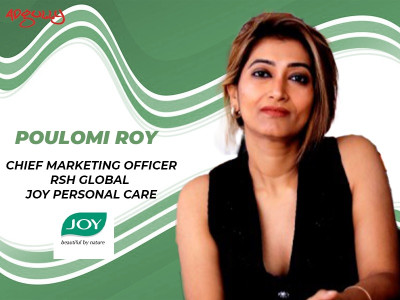

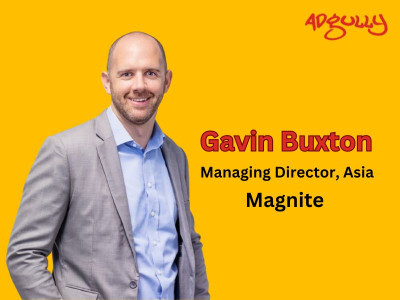

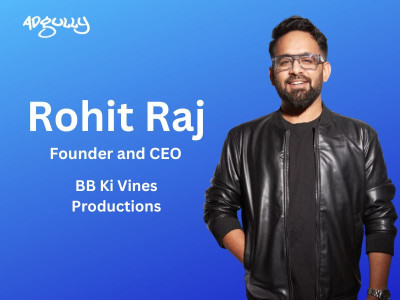

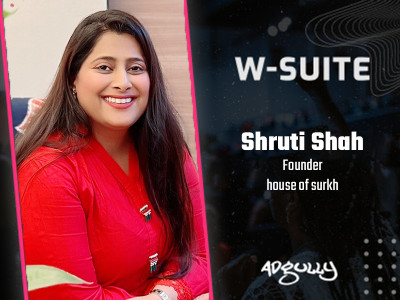
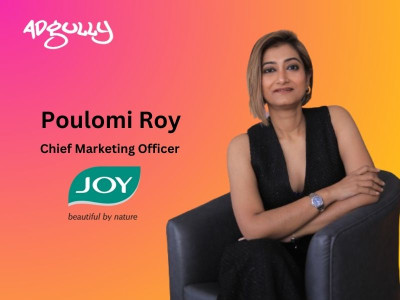
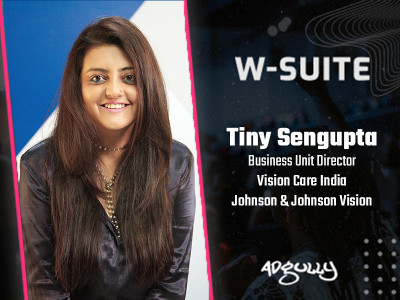
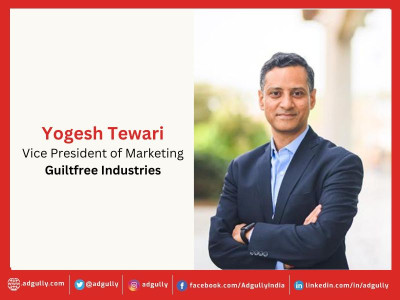



Share
Facebook
YouTube
Tweet
Twitter
LinkedIn